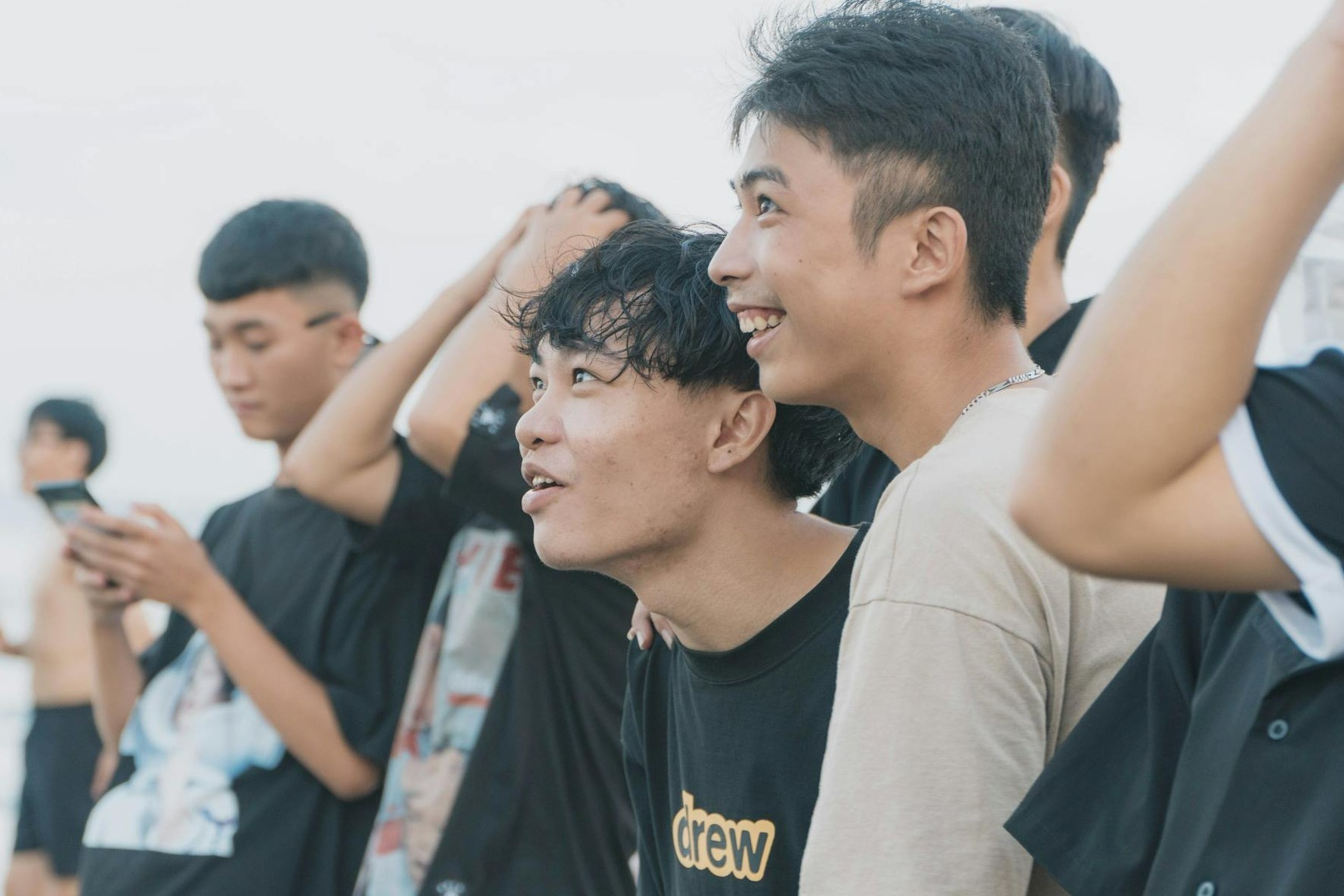In the pursuit of a sustainable future, we must nurture the well-being and authenticity of our youth amidst the tumult of modernity and social media pressures.

Fostering youth authenticity and well-being is key to sustainability in our modern, social media-driven world
There have been many instances where my young student teachers in early childhood brought up the question of the meaning of life. It usually starts with discussions about their future aspirations as educators and their role in laying the foundation for a sustainable future for humanity. This then leads to a playful, light-hearted banters on “What is the meaning of life?”, which quickly transformed into a sombre reflection, as questions like: “Who am I? Where do I stand? What am I striving for?” emerged. These questions are often tinged with a sense of uncertainty and anxiety and also reflect what young people at their age are going through – searching for identity, acceptance, and purpose.
Everyone goes through this search for meaning and value at some point in their lives, but it is particularly noticeable during the tumultuous stage of adolescence, even more so in today’s fast-paced and competitive world. Erik Erikson, a prominent psychologist, explains that as individuals progress from childhood to adulthood, they often have to go through complicated internal struggles full of emotional upheavals and uncertainties while trying to figure out their life direction and what they want to do with themselves. At the same time, trying to make sense of their roles under various external influences like peer pressures, and societal, and cultural expectations.
Navigating the Complexities of Youth in the Digital Age
The struggle is further complicated in today’s hyper-connected world, where social media exerts a powerful influence on shaping perceptions of self-worth and acceptance. The pressure to conform and compete for validation on social media platforms makes it incredibly confusing and difficult for young people to balance their inner desires with societal expectations. Their expressions of confusion or uncertainty are often dismissed as merely a rebellious phase or an attention-seeking behaviour.
Consider the widespread competition for “uniqueness” on social media. The notion that “to be competitive, we must be different, unique and stand out from the rest”, prompts the youths to strive to establish their unique identities. While at first glance it might sound like it’s promoting freedom of expression and creativity, however, young individuals often find themselves trapped in a contradictory situation where superficial standards are prioritised over genuine acceptance of who they are as human beings. That is, they are given the impression that it is okay to be their unique selves, but their “uniqueness” is only valid when they appeal to the masses and fit into popular ideas of what’s “unique”.
Confronting Social Media’s Illusion of Individuality
This predicament prompts us to reflect on the current state of efforts towards producing a sustainable world. When we talk about sustainability, much of our focus goes to either technological advancements or policy changes to preserve resources. However, for whom are we sustaining when our young people are in crisis? We talk about their responsibilities in laying the foundation for sustainable humanity for future generations, but what about them? Has anyone asked about their aspirations? The future can seem abstract and distant, especially when they are still exploring their own identities and sense of purpose. How is the future relevant to them when no one takes an interest in what matters to them now?
If we aim to build a truly sustainable world, we need to also address the well-being and resilience of our youths from an early age.
We can start by recognising the inherent value of each individual and redefining uniqueness, grounded on self-acceptance and authenticity. We can encourage our young to reconnect with their innate wonder and curiosity, to discover joy in little things in their surrounding world. Teaching them to embrace failures and find the courage to get back on their feet.
As my young student teachers often ask – “What is the meaning of life”?
It’s not about chasing after short-lived fame or getting everyone’s approval. It’s about the appreciation of simply being ourselves in the time and space that we are in, the rediscovery of curiosity that fuels our natural desire to learn, and the resilience that keeps us going and continuing legacies that sustain humanity.
As shared by Dr Maria Montessori, the founder of the Montessori Method in childhood learning and development: “An education capable of saving humanity is no small undertaking; it involves the spiritual development of man, the enhancement of his values as an individual, and the preparation of your people to understand the times in which they live.”
The opinions expressed in this article are the author’s own and do not reflect the view of Swinburne University of Technology Sarawak Campus. Ting Mee Ling is the Discipline Leader for Early Childhood Education, Faculty of Business, Design and Arts. She is contactable at mlting@swinburne.edu.my

